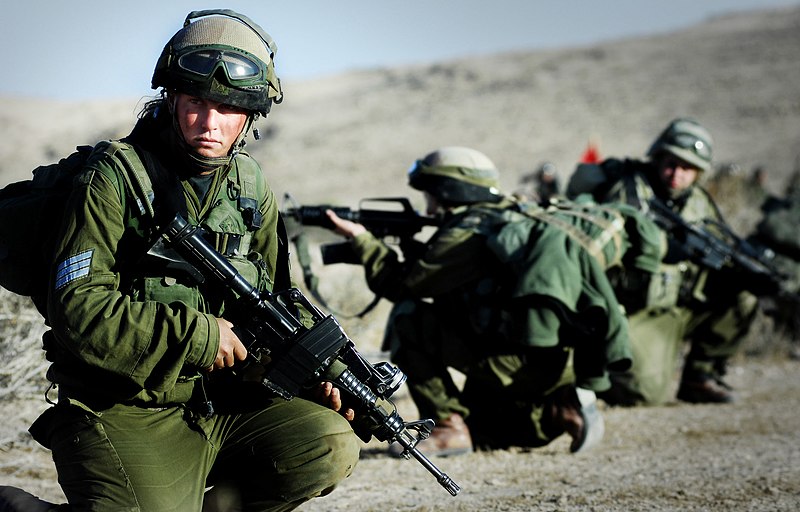In a landmark decision, Israel’s Supreme Court has ruled that ultra-Orthodox men are to be drafted into the military, ending a long-standing exemption and potentially altering the political landscape.
This ruling comes amid ongoing conflict and could have significant implications for Prime Minister Benjamin Netanyahu’s coalition government. The court’s unanimous decision challenges a decades-old system that allowed broad exemptions for ultra-Orthodox men, a practice that has been a point of contention within Israeli society.
This makes some 66,000 ultra-Orthodox men eligible for enlistment, according to Shuki Friedman, an expert on religion and state affairs and the vice-president of the Jewish People Policy Institute, a Jerusalem think tank.
Critics of the exemption have argued that it created an unfair burden on the secular Jewish majority, who were required to serve and bore the brunt of protection for a nation that is always on alert against aggression from neighboring countries.
The court’s directive that the military must begin drafting ultra-Orthodox men is seen as a move towards equality in the eyes of the law and a step towards addressing the manpower needs of the military during a time of war. The issue has become ever more urgent since October 7, 2023, after Israel was attacked by Hamas terrorists and Netanyahu’s government has waged a relentless war in Gaza. The Israeli military has called up tens of thousands of soldiers and says it needs all the manpower it can get. Over 600 soldiers have been killed since Hamas’ Oct. 7 attack.
The court struck down a law that codified exemptions in 2017, but repeated court extensions and government delaying tactics over a replacement dragged out a resolution for years. The court ruled that in the absence of a law, Israel’s compulsory military service applies to the ultra-Orthodox like any other citizen.
The major push back to the draft of ultra-Orthodox men comes from the politically powerful ultra-Orthodox parties, whose support is vital to Netanyahu’s governing coalition. If the exemptions are ended, they could drop out of the coalition, causing the government to collapse and likely leading to new elections at a time when the government’s popularity has waned. In the process, it could also mean the end of Netanyahu’s long and controversial reign as Prime Minister.
Given the intense emotions surrounding the issue, Netanyahu could have great difficulties in delaying the matter any further or passing laws to restore the exemptions. During arguments, government lawyers told the court that forcing ultra-Orthodox men to enlist would “tear Israeli society apart.”
A statement from Netanyahu’s Likud party criticized the ruling, saying a bill in parliament backed by the Israeli leader would address the draft issue. Critics say it falls short of Israel’s wartime needs.
“The real solution to the draft problem is not a Supreme Court ruling,” the statement said.
In its ruling, the court found that the state was carrying out “invalid selective enforcement, which represents a serious violation of the rule of law, and the principle according to which all individuals are equal before the law.”
It did not say how many ultra-Orthodox should be drafted, but the military has said it is capable of enlisting 3,000 this year.
The army had no immediate comment.












